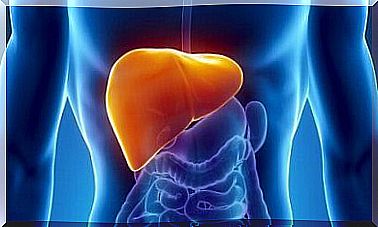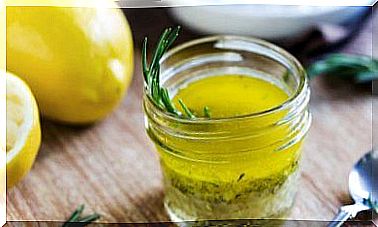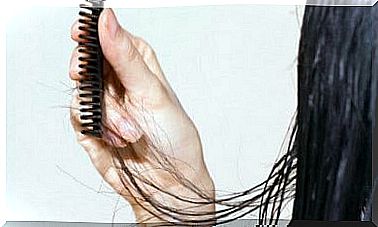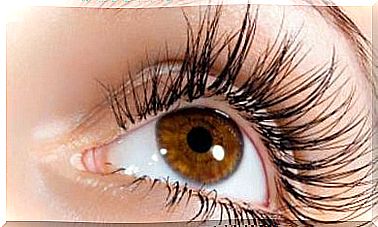Natural Treatments Against Fluid Retention In Your Body
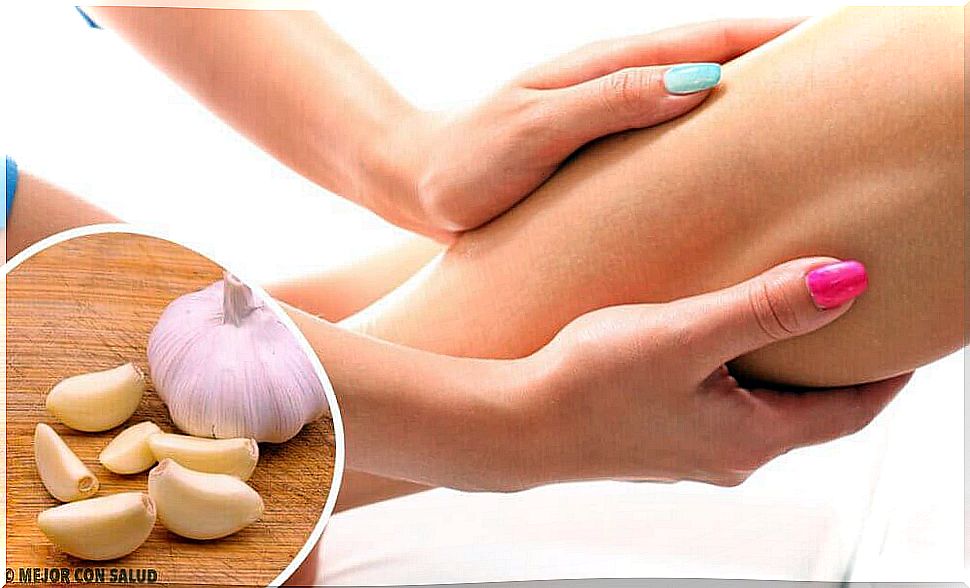
Fluid buildup in your body happens when fluid collects in your body tissues. It’s most common in your legs, ankles, and feet. However, it can also occur in other parts of your body. In today’s article, we’ll tell you all about some natural treatments that can reduce this.
Fluid accumulation in your body: what is it exactly and how does it arise?
Fluid naturally builds up in your tissues to support your body’s organ functions. The problems arise when your body absorbs more fluid than usual. Due to gravity, this excess fluid is automatically ‘stored’ in your lower limbs. This condition is commonly known as edema.
What are the most common causes of fluid retention in your body? Fluid build-up occurs, among other things:
• If someone ingests too much sodium (salt).
• Due to the use of certain medicines (eg the use of the pill).
• When you have been in the sun for too long and your skin is burned as a result.
• By sitting for long periods (eg in the office or on an airplane).
• If someone suffers from heart, liver or kidney disease.
• In women who are pregnant, going through the menopause or having their period.
• Because of problems with the lymph nodes.
The actual moisture accumulation is then caused by varying factors. For example, due to a sudden loss of blood pressure. But also as a result of a blockage in the lymphatic system, or due to a change in the ability of your tissues to process moisture.
There are different variants of fluid retention in your body. Some edemas feel cold, others warm. The swelling can be anywhere (in all your tissues and organs) or only locally (for example, in your legs or ankles).
Tips to treat fluid retention
It is important that you change some of your regular habits if you are experiencing fluid retention.
First, it’s important to start drinking more water. You often hear that you should drink at least two liters of water a day. This isn’t just a number, or something that’s “in” these days. It is the minimum amount of water your body needs to process toxins and, among other things, to keep your lymph nodes functioning properly.
If your body doesn’t get enough water, it will store as much as possible in your body tissues – especially in your legs.
Therefore, pay close attention to the color of your urine when you urinate. This way you can find out if you are getting enough water. If your pee is clear in color, this means that your urinary system has been completely cleaned of waste products. Please note: this only applies to that specific day. The next day a new cleaning cycle starts.
Second, it’s a good idea to limit the amount of sodium you consume. An excess of sodium is one of the main causes of fluid retention in your body.
You can use other herbs and spices instead of salt. It is also important to avoid salted, processed and fried foods as much as possible.
Natural treatments against fluid retention
Here are some home remedies that can help you if you suffer from fluid retention.
1. Flaxseed
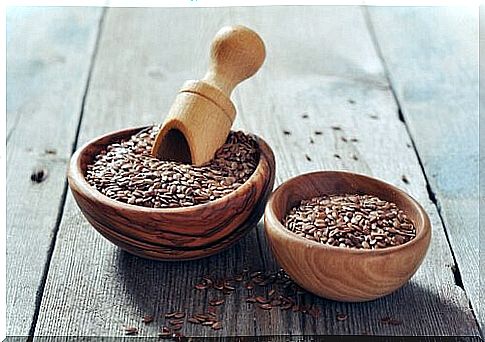
Flaxseed has many good properties. It provides your body with many nutrients. You can use it occasionally to counteract fluid build-up in your body. This is very simple. Grind the seeds and sprinkle them over your food. You can also add linseed oil to your salads.
2. Coriander
This aromatic herb should always belong in your kitchen. This is because it adds a lot of flavor to your dishes. But it also has a number of interesting medicinal properties. For example, coriander activates your kidney function and helps to cleanse your body. You can add fresh coriander to your salads or vegetable dishes. You can also make tea from the seeds of the coriander plant. Below we show you how to do this.
Ingredients
- ½ tablespoon coriander seeds (5 grams)
- 1 cup of water (250 milliliters)
Preparation
- First, heat the water in a saucepan.
- Once the water is boiling, add the coriander seeds.
- Let it simmer for ten minutes and then pour the liquid through a sieve.
- Then you can drink this. Drink it when it is as hot as possible, preferably on an empty stomach.
3. Mustard oil
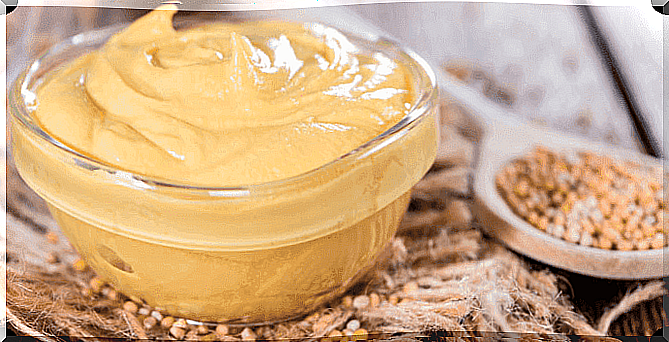
This treatment is local in nature. You can use mustard oil as a massage oil, and thus massage the places where you suffer from moisture accumulation. Put a few drops of the oil on your hands and then rub them together to warm up the oil. You can then massage the oil into the affected parts of your body with circular movements.
This stimulates both circulation and your lymphatic system. This reduces excess moisture stored in your soft tissues. This treatment is ideal after coming home from a long day at work, sitting in front of your computer.
4. Garlic
This superfood should also be in every kitchen, both because of its culinary and medicinal properties. Garlic is known for its highly effective diuretic (diuretic) effect. This can prevent fluid build-up in your body, especially in your legs and feet.
We recommend eating a raw garlic clove every morning. You don’t necessarily have to chew it: you can also break it into small pieces and take it with water, just like a (vitamin) pill. Another option is to add it to your salads, casseroles, vegetables and soups.
5. Dandelion

Dandelion is a fantastic natural diuretic. The flower has both a diuretic and cleansing effect. It activates the blood circulation and stimulates the removal of fluid from your body. The best way to experience its benefits is to make a tea and drink it. You can make tea from dandelions as follows.
Ingredients
- 1 tablespoon dandelion (10 grams)
- 1 cup of water (250 milliliters)
Preparation
- Heat the water in a saucepan until it boils.
- Add the dandelion and let it simmer for 10 minutes.
- Remove the pan from the heat and let it steep for about 15 minutes.
- Then pour the liquid through a sieve and drink it.
- You can always add honey or lemon to the tea to disguise the bitter taste of the plant.
6. Apple cider vinegar
Apple cider vinegar can be taken daily to prevent or reduce edema. You can add it to salads and other preparations. But some people also use apple cider vinegar by applying it directly to the affected areas of their body. All you need to do is soak a cloth in vinegar and apply a little pressure to the legs. This movement should be done from the bottom up (ie, against gravity). In this way you ensure that the excess fluid in your legs is excreted by your body through your urine.
